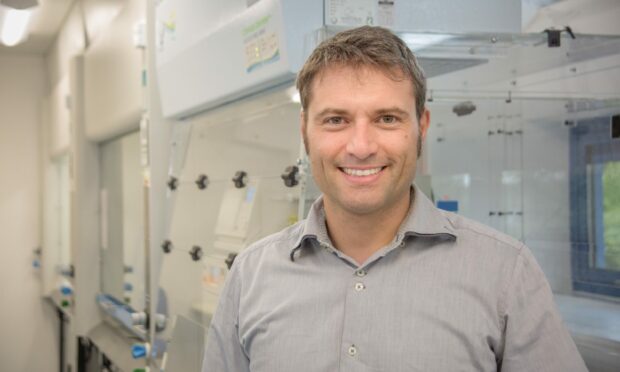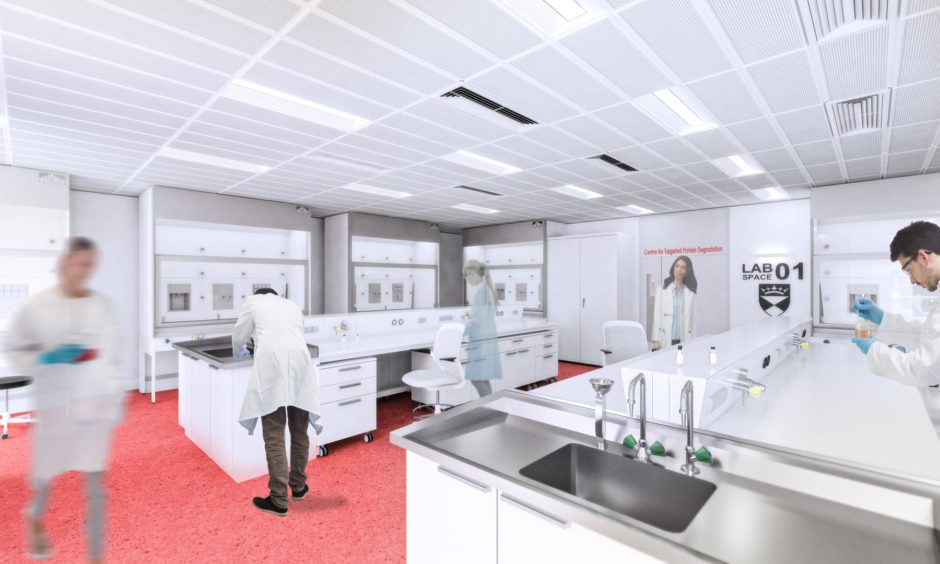A Dundee University spin-out firm is celebrating deals that could be worth £1.6 billion.
Life sciences firm Amphista Therapeutics creates treatments that help harness the body’s natural processes to degrade proteins that cause diseases.
In two new contracts Amphista will use its targeted protein degradation (TPD) technology to create treatments in several disease areas.
It will receive an upfront payment and funding of up to £35.2 million from Merck Healthcare.
Success-based milestone payments could be worth a further £800m.
From Bristol Myers Squibb, it will receive an upfront payment of £24m with potential additional payments of up to £1bn.
Amphista making research progress
Amphista chief executive Nicola Thompson said: “These collaborations are a validation of the progress we have made in TPD research and the potential of our EclipsysTM platform.”
The platform supports development of different treatments able to overcome limitations associated with traditional TPD approaches.
TPD uses the body’s own cellular waste disposal system to destroy disease-causing proteins, rather than inhibiting their function.
Degrading rather than inhibiting a target protein creates a better drug response at lower doses, as well as reduced side effects and disease resistance.
The company is a spinout from the lab of Professor Alessio Ciulli at the university’s School of Life Sciences.
Amphista is now based in Motherwell and Cambridge.
Last year, Dundee University was named one of the best in the UK for producing spinout companies.
Amphista founder Professor Ciulli is now director of the Centre for Targeted Protein Degradation.
The new centre will be located at the Dundee Technopole site, adjacent to the new Tay Cities Innovation Hub.
The innovation hub is part of plans for a Tay Cities Biomedical Cluster.












Conversation